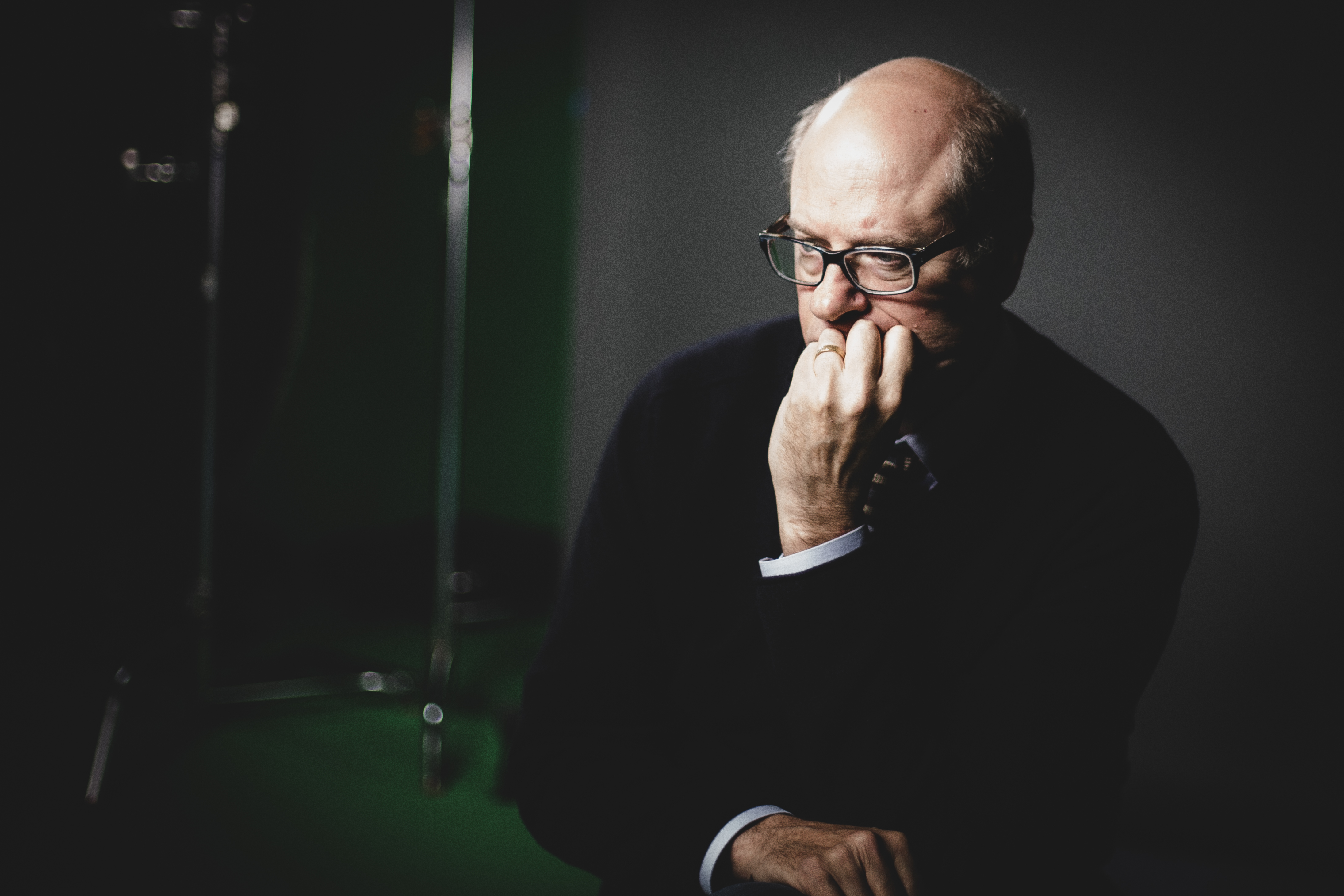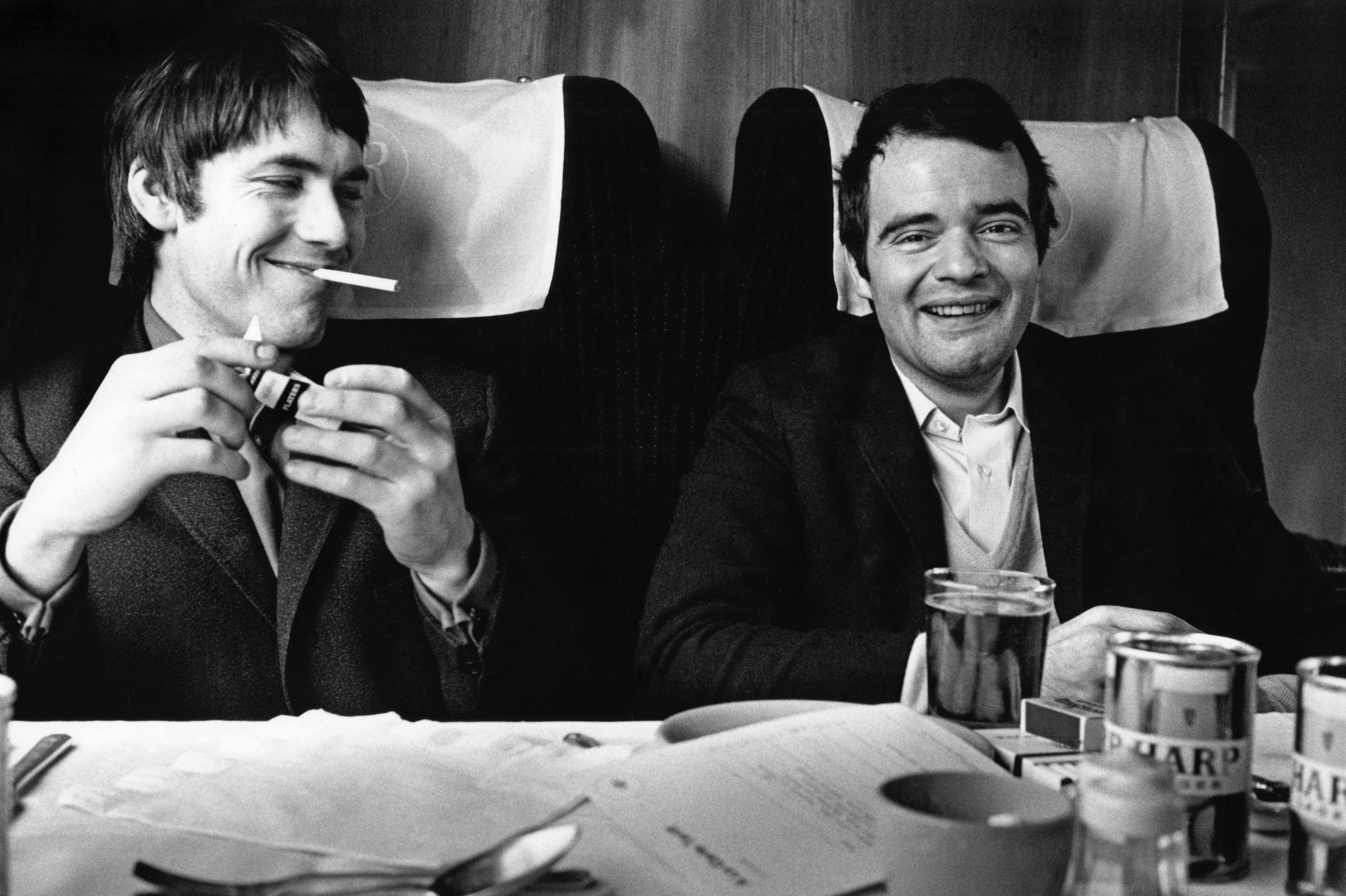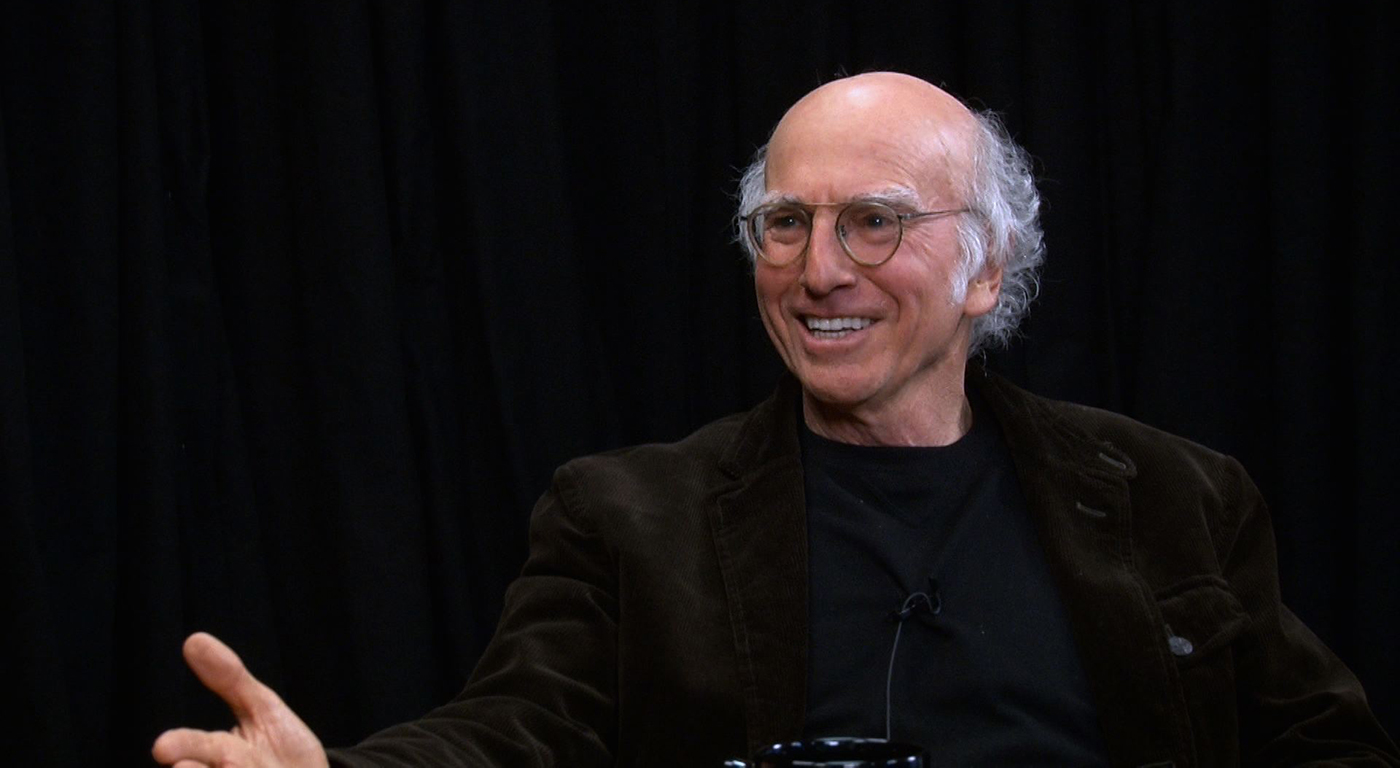DENNIS JAMES KNOWS that Seattle and silent cinema belong together. It’s just a matter of convincing people how much fun a night out with the silents can be. “There’s a communal aspect of filmmaking that is something I’m very much trying to preserve,” he explains. He follows each night’s audience-friendly introduction (a little history, a little humor) with a sing-along. “You may cheer the hero and hiss the villain,” invites a pre-movie slide, and the theater suddenly sounds like a slow leak on the Goodyear blimp. (Okay, I could live without this last attempt at audience participation, but I have to admit that it works; people respond.)
A 25-year veteran of the silent-movie circuit, James is more than an organist. A collector of original orchestral and organ scores and a historian, he’s a veritable cheerleader for the preservation of silent film—from prints to presentation—and he sees the Paramount, with its almost completely restored pipe organ, as the perfect venue. “Not only has Seattle Landmarks preserved the facility,” he says, “but they’re preserving the art form that the facility represents as a preservation aspect just as much as the architecture. This is the largest untapped silent-movie market in the country for the version of what I do, which is to start preservation. There’s a lot of silent movie activity up here, but very little of it is the specialist nature where all the elements come together. You’ve got an original deluxe movie palace on the grand scale, an actual authentic theater pipe organ—and, in this case, an even rarer working, restored organ in its original home—and you have full theatrical presentation facilities intact: lighting, sound, professional stage people to run those things.”
The silents are no stranger to Seattle screening schedules. Between SIFF retrospectives, Landmark’s repertory calendar, and the efforts of a few driven entrepreneurs, film fans, and local musicians, there’s always been some activity going on around town. Dennis James himself was here in 1985, when he and the Seattle Symphony played with a trio of silent classics in the Paramount. Yet the silents’ relationship with audiences has been spotty. Hundreds were turned away from the 1998 Nosferatu showing at the Egyptian, but both the 1997 screening of the recently discovered Frank Capra comedy The Matinee Idol and the Bellevue Philharmonic’s presentation of Potemkin two months ago played to sparse attendance.
The Paramount has managed to turn its dedicated program into an event with a loyal following. Last summer’s inauguration with a trio of comedies by Charlie Chaplin, Buster Keaton, and Harold Lloyd saw increased attendance with each successive show. By the final program of Lloyd’s Safety Last, the audience had almost doubled to over 1,200 people. After a second test in the fall with a program of adventures, James and the Paramount settled on a committed summer series and threw their efforts behind an ambitious schedule of seven films, embracing a wide swatch of movies and genres.
“We’re trying to establish the concept that you get to trust the people who are doing the programming, and you don’t choose to go by the title, you choose to go by the event,” explains James. It appears to be working. While the program hasn’t yet reached the height of last year’s success, once again the audiences have grown with every show, even as the films have become more obscure.
JOHN S. Robertson’s 1920 Dr. Jekyll and Mr. Hyde, starring the Great Profile himself, John Barrymore, closes the series on July 19, the very night before the Jekyll and Hyde stage production takes over the theater. It’s a cagey bit of marketing, and the Paramount is making the most of it with a cross-promotion: Your ticket to the silent film will get you $10 off for the first three performances of the touring show. For film fans, the night is a rare treat, as James has arranged for MGM to strike a new 35mm print from its vault materials, and Seattle will host its world-premiere public showing.
The Paramount isn’t the only silent show in town. In August, the Little Theater plays He Who Gets Slapped, starring Lon Chaney and Norma Shearer, with a new score composed and performed by local jazz pianist Alex Guilbert, and negotiations are under way to bring Steven Garling (a sort of one-man Alloy Orchestra) from Germany to perform his original score to Charlie Chaplin’s The Circus this summer, in a venue to be determined. But if you want deluxe movie-palace treatment, with sing-alongs and crisp archival 35mm prints and a tuxedoed Dennis James behind the Mighty Wurlitzer, they’ll all be back at the Paramount next summer for what James promises will be an even more adventurous set of films. Until then, please clap with hands only, and for my sake, please don’t hiss the villain.






